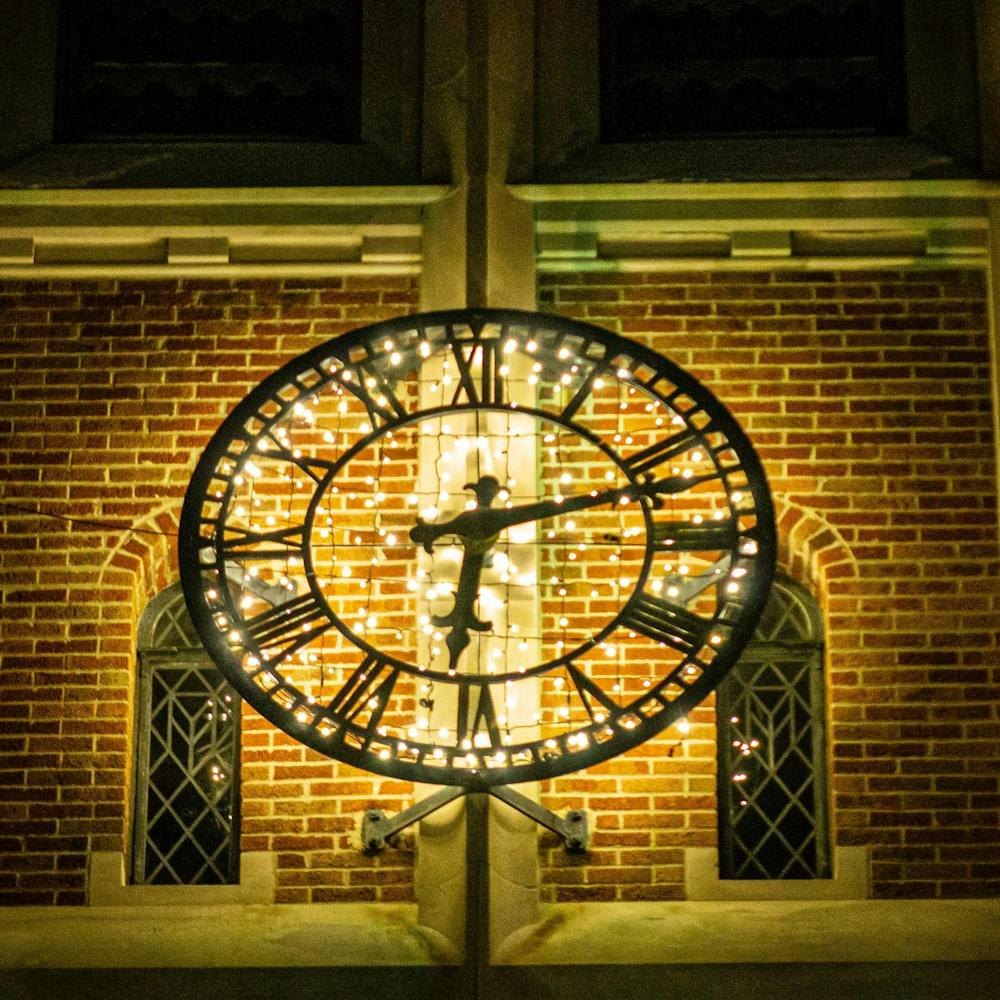By Adrian Brune
Chicago Tribune
Chicago (MCT) — On a crisp fall morning 16 years ago, Bob Sarocka, then 27, crawled out of bed with a mild hangover and a pang of regret as he laced up his sneakers and set out for a run, trying to remember the conversation that led up to this moment when foot hit pavement and breath condensed in air.
Then it came to him: It was a talk with a friend of his future sister-in-law who picked up on his alcohol-induced vulnerability and persuaded him to run a 5-kilometer race in a few weeks.
Then he made another potentially regrettable pact to run the Chicago Marathon the following fall. That race wasn't so pleasant.
"I didn't clue in to the fact that, hey, you might need to run 20 miles to practice before you run 26, and I was in serious pain," Sarocka says. "I swore I'd never do it again...Then I signed up for the Lake County Marathon."
Then he signed up for the Chicago event the next year, then another one downstate, then another in Wisconsin and another in Minnesota. By the age of 32, he was up to eight. In the 16 years since that first training run, Sarocka has done 79 marathons covering all 50 states. At the LaSalle Bank Chicago marathon in 1996, his performance earned him what he calls his "nomination for running idiot": going 23 miles on a broken ankle.
If that sounds wildly excessive, consider Sarocka's schedule is quite modest compared to thousands of other extreme marathoners.
Who are these freaks? They certainly don't fit the usual image of long-distance runners, with their body-fat ratio in the low single digits. Many of them, in fact, look like standard American couch potatoes.
They're people like Bob Lehew, an engineer from Tulsa, Okla., who has run 148 marathons and ultra-marathons and who founded the Oklahoma Marathon nine years ago. They're ageless wonders like Don McNelly, an 85-year-old who has finished 707 marathons — 138 of them since his 80th birthday.
But the phenomenon of serial marathon and ultramarathon runners boggles the minds of sports psychologists, physiologists and even those of us who have run a marathon and could barely walk for a week afterward. At what point does working out become a life-altering obsession?
"Obsession? Yes, flying to Sydney to run a marathon over the weekend is an obsession," says Dave Martin, an exercise physiologist. "The question is whether the obsession is good or bad."
What about people for whom 500 marathons aren't enough? Because extreme marathon running is a recent pastime, researchers haven't fully delved into the minds of those who do it, and they can offer only educated guesses.
"There's a runner's high that can be explained physiologically, but that doesn't come with every marathon," Martin says. "This type of runner is not young," he adds. "Many times, they have a friend who experienced a major health crisis or (they) experienced one themselves and decided to start running for health, or for a cause.
"But a lot of it is social too...Lots of people come, food is provided, and there's a big party after."
He said some marathoners are niche-seekers. "They're motivated, goal-oriented people. They can't physically be the best at something, so they set a goal to stand out in something else, and when they achieve that, they have to set another."
One of the things fueling the long-distance runners are marathon clubs in all 50 states, on all seven continents and in some of the most remote places in the world. A former school superintendent from Illinois, Dean Rademaker, started the original club, whose 850 members set out to run a marathon in each of the 50 states. The Second 50 States Club, a rival to Rademaker's group, has 1,150 members.
While many researchers believe long-distance running can be a good thing — diminishing stress, raising heart rates and reducing hardening of the arteries — some doctors might label two marathons a month as not only excessive, but also harmful. Dr. William Glasser in 1976 studied long-distance runners and found they persisted because they had become "addicted." Such people, he discovered, run whether their bodies are healthy or not, which results in chronic injuries that are slow to heal.
Other signs of addiction include fatigue, decreased ability to concentrate, an overemphasis on the quantity of miles and skipping appointments and family obligations. Experts on eating disorders also note that some long-distance runners — along with a small percentage of other endurance athletes — suffer from a condition known as exercise bulimia: They run compulsively to purge calories from overeating, just as other bulimics take laxatives or induce vomiting after meals.
But there are benefits.
After a 12-mile run one Sunday, 10 members of the Glen Ellyn Runner's Association, including founder Sarocka, talked about the psychological benefits of their intense marathon running over coffee and bagels.
"Some people run just to get another notch in their belts, and that's their thing," Sarocka says. "I just enjoy it; it's a great stress-reliever and some of these people are better friends than my college buddies. If it weren't for the camaraderie, I wouldn't do it anymore."
Distributed by McClatchy-Tribune Information Services.






